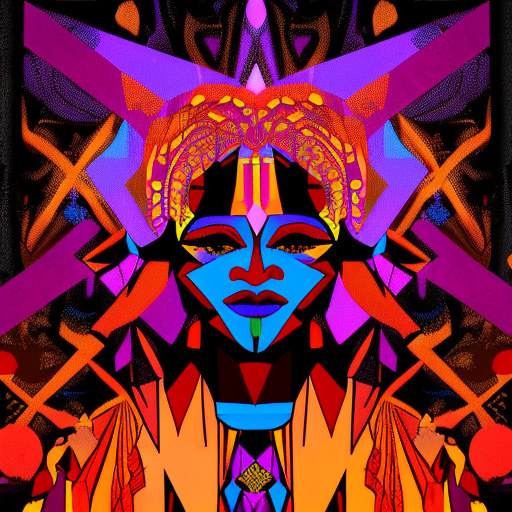The Souls of Black Folk: A Powerful Exploration of African American Identity and Struggle
The Souls of Black Folk by W.E.B. Du Bois is a seminal work that delves into the complex issues of race, identity, and the African American experience in America. Through a collection of essays, Du Bois examines the social, political, and economic challenges faced by Black Americans in the post-Civil War era. With a profound understanding of history and a keen sociological perspective, Du Bois provides a thought-provoking analysis of the “color line” and the impact it has on the souls of Black people.
The Veil: The Duality of African American Identity
One of the central themes in The Souls of Black Folk is the concept of the “veil.” Du Bois uses this metaphor to describe the invisible barrier that separates Black Americans from the rest of society. The veil represents the experience of being both American and Black, and the constant struggle to reconcile these dual identities. Du Bois argues that this duality creates a unique perspective and consciousness among Black people, leading to a sense of double-consciousness. Through this lens, he explores the psychological and emotional toll of living with the veil and the impact it has on individual and collective identity.
Education: The Key to Empowerment and Liberation
Du Bois emphasizes the importance of education as a means of empowerment and liberation for Black Americans. He criticizes the limited access to quality education for Black children and highlights the disparities in resources and opportunities. Du Bois argues that education is not only a tool for economic advancement but also a means to challenge social injustice and dismantle the oppressive structures that perpetuate racial inequality. He calls for the creation of institutions that provide a well-rounded education, fostering critical thinking, cultural pride, and a sense of self-worth among Black students.
The Struggle for Civil Rights and Equality
In The Souls of Black Folk, Du Bois addresses the ongoing struggle for civil rights and equality. He critiques the failures of Reconstruction and the rise of Jim Crow laws, which further marginalized Black Americans and denied them basic rights. Du Bois advocates for political activism and organized resistance against racial discrimination. He argues that the fight for civil rights is not solely a Black issue but a moral imperative for all Americans who believe in justice and equality. Du Bois’s writings serve as a call to action, urging readers to confront and challenge the systemic racism that continues to plague society.
Key Takeaways:
- The veil: The metaphorical barrier that separates Black Americans from the rest of society, leading to a sense of double-consciousness.
- Education: The key to empowerment and liberation, providing the tools to challenge social injustice and dismantle oppressive structures.
- Civil rights: The ongoing struggle for equality and justice, requiring political activism and organized resistance against racial discrimination.
“The problem of the twentieth century is the problem of the color line.”
In conclusion, The Souls of Black Folk is a powerful and influential book that continues to resonate today. Du Bois’s exploration of the African American experience, the duality of identity, the importance of education, and the fight for civil rights provides invaluable insights into the ongoing struggle for racial equality. This book serves as a reminder of the resilience and strength of Black people in the face of adversity, and a call to action for a more just and inclusive society.












